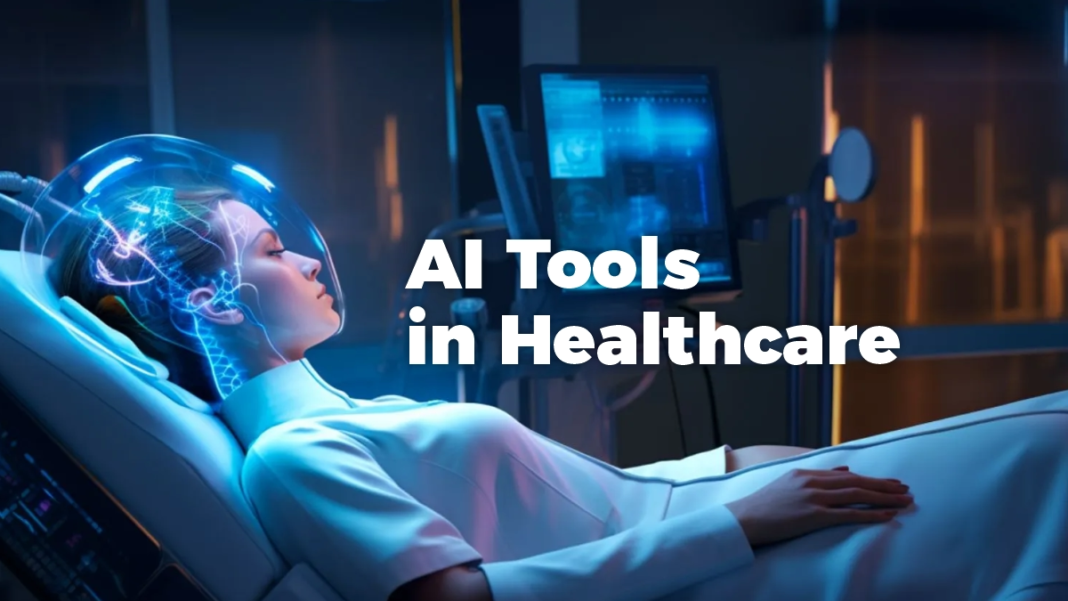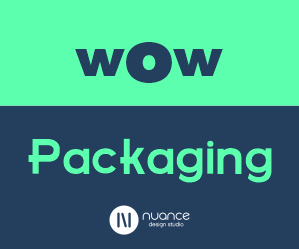Artificial Intelligence (AI) is no longer a futuristic concept-it’s a present-day powerhouse reshaping the healthcare industry. From streamlining diagnostics to tailoring personalized treatments, AI tools in healthcare are driving a paradigm shift in how care is delivered, managed, and optimized. Within the first 100 words, it’s clear: AI is transforming healthcare at every level, and its impact is only accelerating.
Introduction: A New Era of Intelligent Healthcare
In 2025, AI tools in healthcare are not just assisting-they’re leading. Hospitals, clinics, and research institutions are deploying AI to tackle long-standing challenges: clinician burnout, diagnostic errors, and inefficient treatment protocols. According to Menlo Ventures, healthcare AI adoption has surged from 3% in 2023 to over 27% in 2025 among health systems. This rapid growth reflects a broader shift toward data-driven, patient-centric care. [menlovc.com]
AI-Powered Diagnostics: Precision at Scale
AI’s role in diagnostics is perhaps its most transformative. Machine learning algorithms now analyze medical images, lab results, and patient histories with accuracy that rivals-and often exceeds-human experts.
- At Massachusetts General Hospital, AI detected lung nodules with 94% accuracy, outperforming radiologists at 65%. [forbes.com]
- Stanford’s AI tools identify pneumonia on chest X-rays faster than traditional methods. [sciencenewstoday.org]
- AI systems like DeepMind can detect over 50 eye diseases from retinal scans with expert-level precision. [sciencenewstoday.org]
These tools reduce diagnostic errors, enable earlier interventions, and improve patient outcomes. Hospitals like Cleveland Clinic and Mayo Clinic are integrating AI into imaging and pathology workflows, enhancing speed and reliability. [intuitionlabs.ai]
Personalized Treatments: AI Meets Genomics and Real-Time Data
Gone are the days of one-size-fits-all medicine. AI tools now enable precision medicine by analyzing genetic data, lifestyle factors, and real-time health metrics.
- The AI in Precision Medicine market is projected to grow from $1.8 billion in 2023 to $18.27 billion by 2032, driven by breakthroughs in genomics and predictive analytics. [finance.yahoo.com]
- Platforms like Hims & Hers use AI to tailor treatments for hormone therapy and menopause care, integrating EMRs and patient feedback for adaptive care. [sharewise.com]
- AI algorithms help oncologists select optimal drug combinations based on tumor profiles, minimizing side effects and maximizing efficacy. [healthexcs.com]
This level of personalization is redefining treatment protocols, making care more effective and empathetic.
Operational Efficiency and Clinical Workflows
Beyond diagnostics and treatment, AI tools are streamlining healthcare operations:
- AI scribes automate clinical documentation, reducing administrative burden and freeing up time for patient care. [intuitionlabs.ai]
- Predictive analytics help hospitals manage staffing, patient flow, and resource allocation more efficiently. [chiefhealt…cutive.com]
- Ambient listening tools extract relevant data from patient-provider conversations, improving billing accuracy and reducing burnout. [healthtech…gazine.net]
According to Deloitte, 92% of healthcare leaders believe generative AI improves operational efficiency, and 65% see it as a tool for faster decision-making. [docus.ai]
Ethics, Equity, and Regulation: Building Trust in AI
As AI tools become more embedded in healthcare, ethical and regulatory frameworks are critical.
- The AIRIS 2025 symposium, led by WHO and Korea’s MFDS, emphasized lifecycle-based regulation and international collaboration for safe AI deployment. [devdiscourse.com]
- Philips’ Future Health Index 2025 found that while clinicians are optimistic about AI, patients remain cautious, highlighting a trust gap that must be addressed through transparency and inclusivity. [usa.philips.com]
AI must be validated across diverse populations to avoid bias and ensure equitable care. Institutions like Cedars-Sinai and Mayo Clinic are leading efforts in ethical AI governance. [thehealthc…cutive.net]
Conclusion: The Future Is Now
AI tools in healthcare are no longer optional-they’re essential. From diagnostics to personalized treatments, they’re improving outcomes, reducing costs, and reshaping the patient experience. As Alvin Graylin, author of Our Next Reality, puts it:
“AI is not replacing doctors-it’s amplifying their ability to care, to diagnose, and to heal. The future of medicine is not just smarter-it’s more human.”
People Also Asked
How are AI tools used in healthcare diagnostics?
AI tools analyze medical images, lab results, and patient histories to detect diseases with high accuracy, often outperforming human experts.
Can AI personalize treatment plans in healthcare?
Yes. AI uses genetic data, lifestyle factors, and patient feedback to tailor treatments, especially in oncology, hormone therapy, and chronic disease management.
Are AI tools in healthcare safe and regulated?
AI tools undergo rigorous testing and are increasingly governed by international frameworks like AIRIS 2025 to ensure safety, ethics, and equity.
What are the benefits of AI tools in healthcare operations?
AI improves efficiency by automating documentation, optimizing staffing, and predicting patient needs, reducing burnout and improving care quality.


